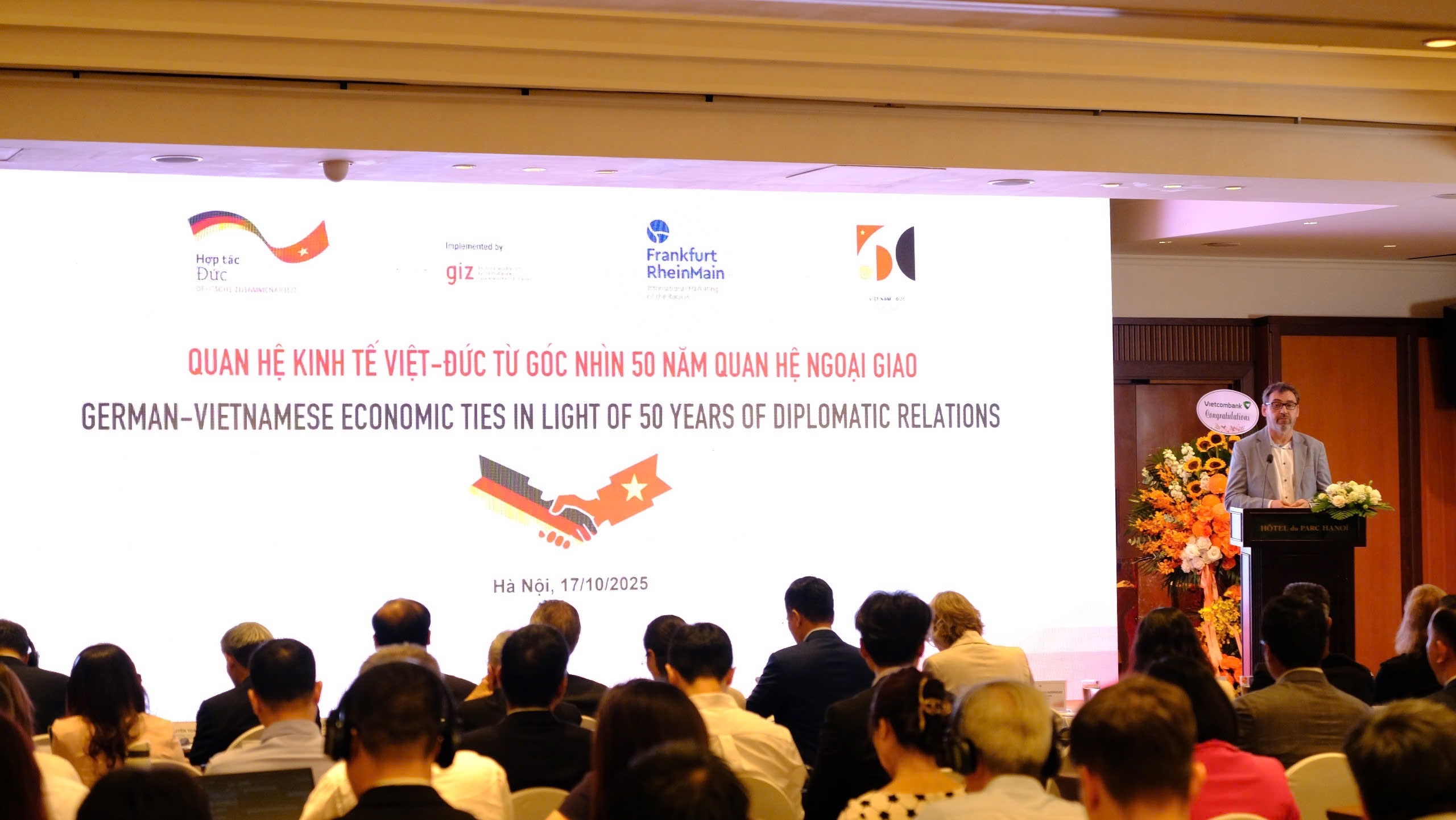
Viet Nam, Germany celebrate 50 Years of partnership
19:05 | 23/03/2025 10:47 | 17/10/2025News and Events
Vietnam’s Human resource advantage
According to Deputy Prime Minister Nguyen Chi Dung, with 70 Vietnamese enterprises and 5.000 IT engineers currently working in Japan, the two countries hold great potential for AI cooperation. He noted that Vietnam and Japan are continuing to strengthen their comprehensive partnership. Science and technology, innovation, and high-quality human resource training have been identified as new strategic pillars, as stated in the joint declaration by both Prime Ministers in April 2025.

Vietnam has an advantage in high-quality human resources
To facilitate AI development, Vietnam’s Politburo has introduced a policy framework to establish institutional foundations for national advancement in the new era. These include Resolution 57-NQ/TW on science, technology, innovation, and digital transformation; Resolution 59-NQ/TW on international integration in the new context; Resolution 66/NQ/TW on legal reform and implementation; and Resolution 68/NQ-TW on developing the private sector into a key driving force of the national economy. In parallel, the government is implementing reforms to streamline the administrative system.
Speaking about Vietnam - Japan cooperation prospects in AI, Vu Quoc Huy, Director of the National Innovation Center (NIC) under the Ministry of Finance, said Japan possesses strong AI development foundations and many core AI technologies. On the other hand, while Vietnam may not yet be technologically strong, its advantage lies in its people. Specifically, Vietnam boasts a young and dynamic engineering workforce and is investing significantly in training and R&D. As a result, the country is well-positioned to meet the high demand for quality human resources in the AI sector.
Vu Quoc Huy also emphasized that Vietnam has a generation of young and energetic managers who are proactive in learning about and applying AI in real-life contexts. According to him, the synergy between Japanese technology and Vietnamese human resources will create distinctive opportunities and added value for AI collaboration between the two countries in the near future.
Sharing the same view, Associate Professor Dr. Nguyen Phi Le, Director of the Institute for Research and Application of Artificial Intelligence (AI4LIFE) and lecturer at the School of Information and Communication Technology, Hanoi University of Science and Technology, emphasized that Vietnam’s major advantage is its young workforce - something Japan currently lacks due to its rapidly aging population.
Japanese companies value Vietnamese engineers
A representative from the Japan International Cooperation Agency (JICA) pointed out that Japan’s population is aging, with the average age now between 40 and 50. Therefore, Japan needs young talent from Vietnam to sustain economic growth. Japanese companies view Vietnamese engineers as valuable partners and talents and are eager to collaborate.

5.000 Vietnamese IT engineers are currently working in Japan
A Vietnamese company that frequently sends engineers to Japan shared that, in recent years, Japanese businesses have highly appreciated the quality of Vietnamese human resources. As a result, Japanese companies have offered competitive salaries and benefits to Vietnamese engineers.
To promote AI cooperation between Vietnam and Japan, during a recent meeting with Vietnamese scientists in Japan, Deputy PM Nguyen Chi Dung called on them to further leverage the Vietnam Innovation Network in Japan to strengthen connections with domestic partners. He also encouraged increased Japanese investment in Vietnam, especially in high-tech sectors; stronger partnerships between research institutes, universities, and companies from both countries; and more support for the training of high-quality human resources in Vietnam.
Deputy PM Dung highlighted the need to develop concrete cooperation programs focusing on research and development, support startups in Japan, and boost student exchanges. He also called for more scholarships, both in quantity and quality, and the establishment of a common platform to connect scientists and research groups in Japan. This platform could help spread best practices to Vietnamese communities abroad and at home.
He also proposed focusing Vietnam-Japan cooperation on strategic technology fields such as semiconductors, artificial intelligence, quantum computing, blockchain, robotics, cloud computing, low-orbit satellites, 5G/6G infrastructure, and advanced biotechnology.
The Japan International Cooperation Agency (JICA), the National Innovation Center (NIC) under the Ministry of Finance, and the Japan External Trade Organization (JETRO) jointly organized the launch of the Vietnam AI Economy Report 2025 to promote AI cooperation between Vietnam and Japan.

19:05 | 23/03/2025 10:47 | 17/10/2025News and Events
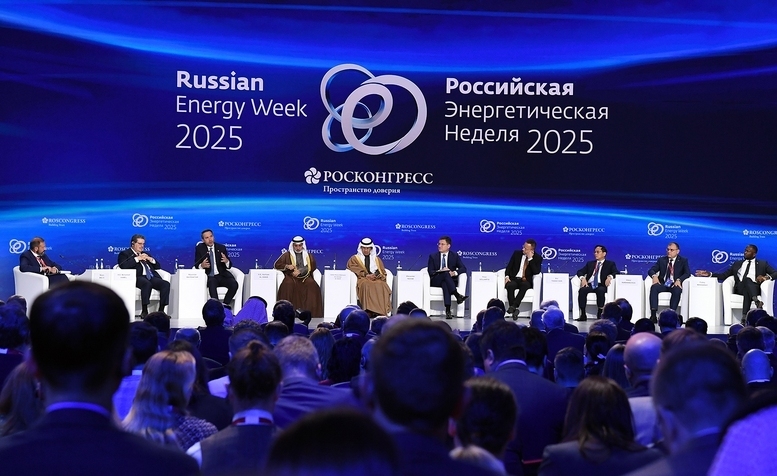
19:05 | 23/03/2025 22:06 | 16/10/2025News and Events
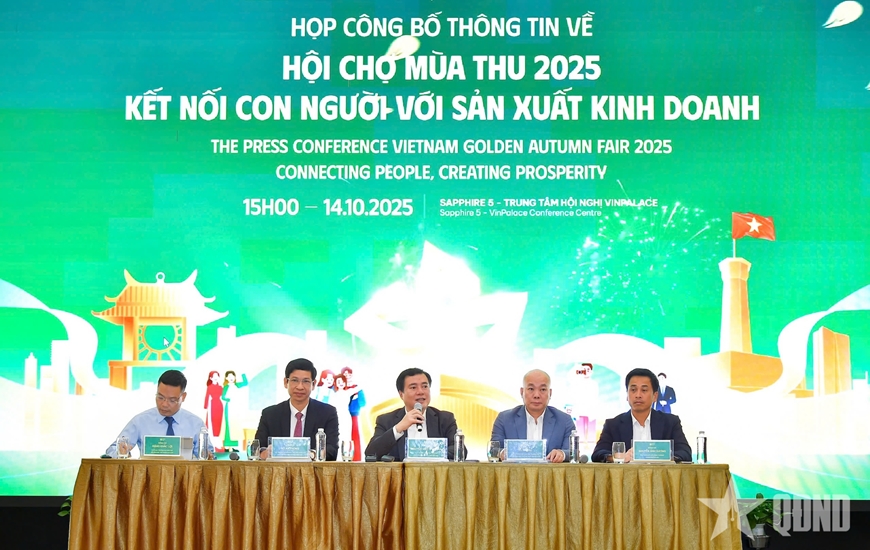
19:05 | 23/03/2025 21:01 | 16/10/2025News and Events
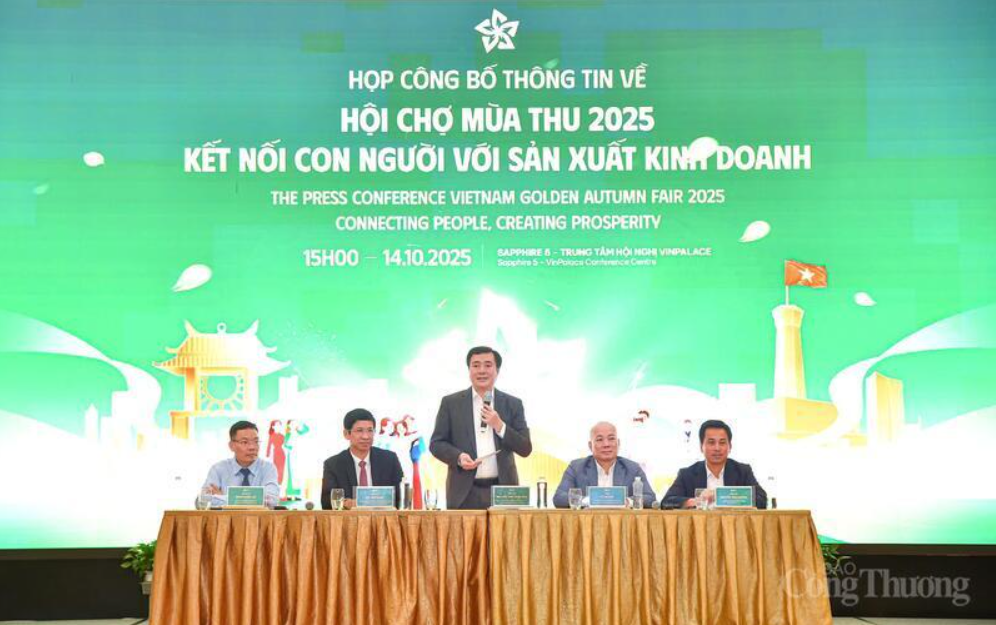
19:05 | 23/03/2025 20:59 | 16/10/2025Trade
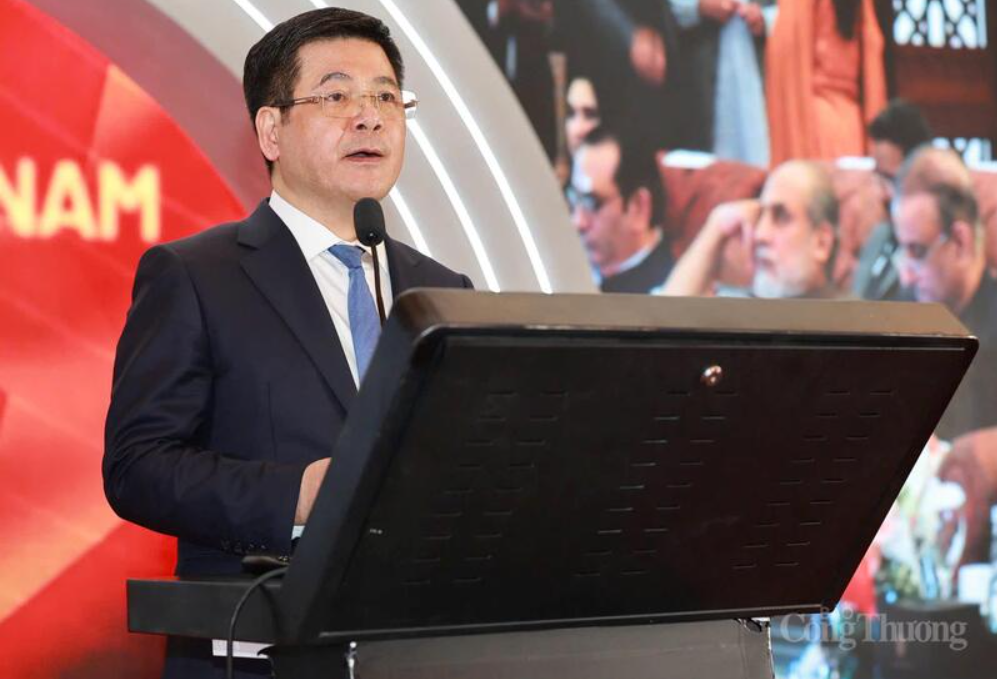
19:05 | 23/03/2025 20:56 | 16/10/2025Trade